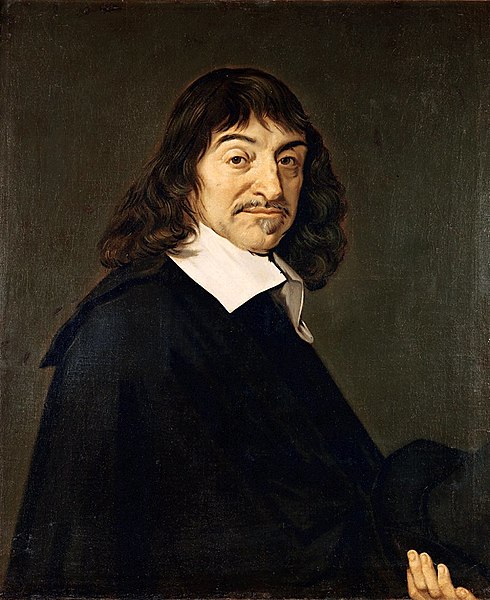Logical reasoning is a mental activity that aims to arrive at a conclusion in a rigorous way. It happens in the form of inferences or arguments by starting from a set of premises and reasoning to a conclusion supported by these premises. The premises and the conclusion are propositions, i.e. true or false claims about what is the case. Together, they form an argument. Logical reasoning is norm-governed in the sense that it aims to formulate correct arguments that any rational person would find convincing. The main discipline studying logical reasoning is logic.
Based on many individual observations of black ravens, inductive reasoning can be used to infer that all ravens are black.
Doctors use abductive reasoning when investigating the symptoms of a patient to determine their underlying cause.
Analogical reasoning can be used to transfer insights from animal experiments to humans, like in the case of research on obesity and hypertension performed on Zucker rats.
Reason is the capacity of applying logic consciously by drawing conclusions from new or existing information, with the aim of seeking the truth. It is associated with such characteristically human activities as philosophy, religion, science, language, mathematics, and art, and is normally considered to be a distinguishing ability possessed by humans. Reason is sometimes referred to as rationality.
Francisco de Goya, The Sleep of Reason Produces Monsters (El sueño de la razón produce monstruos), c. 1797
René Descartes
Dan Sperber believes that reasoning in groups is more effective and promotes their evolutionary fitness.






